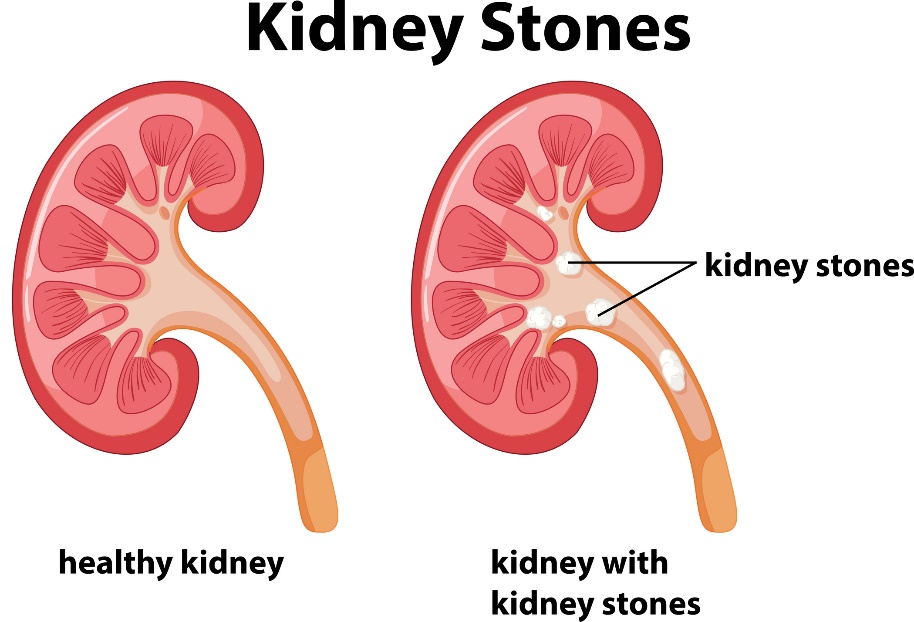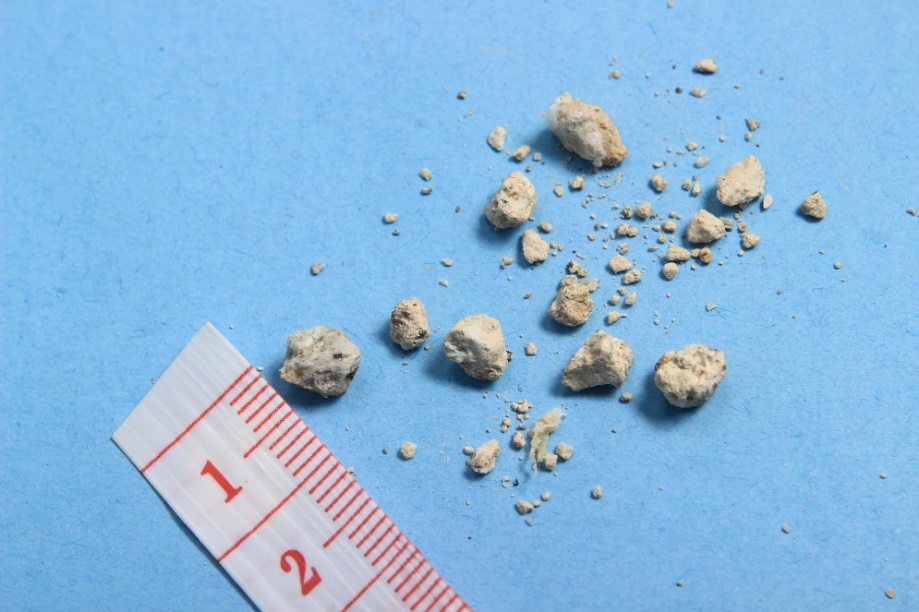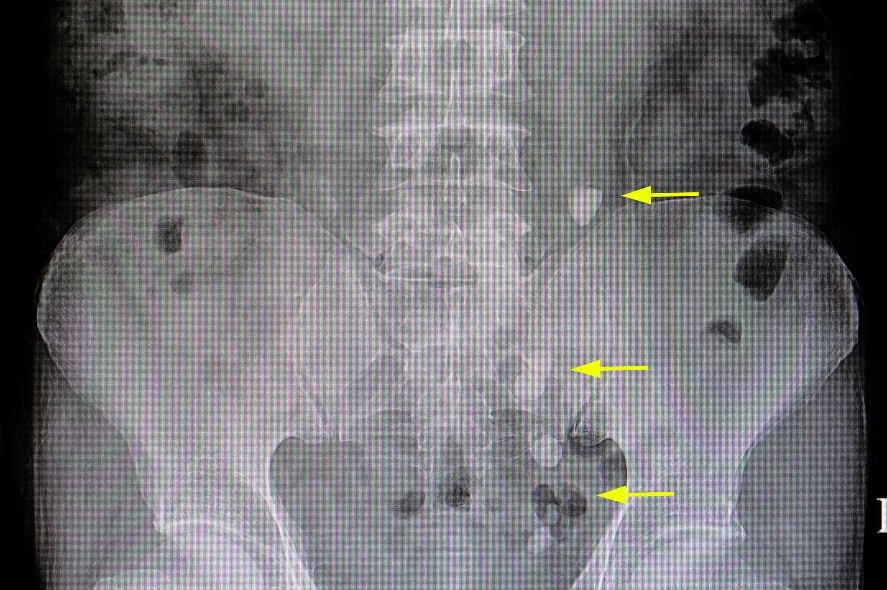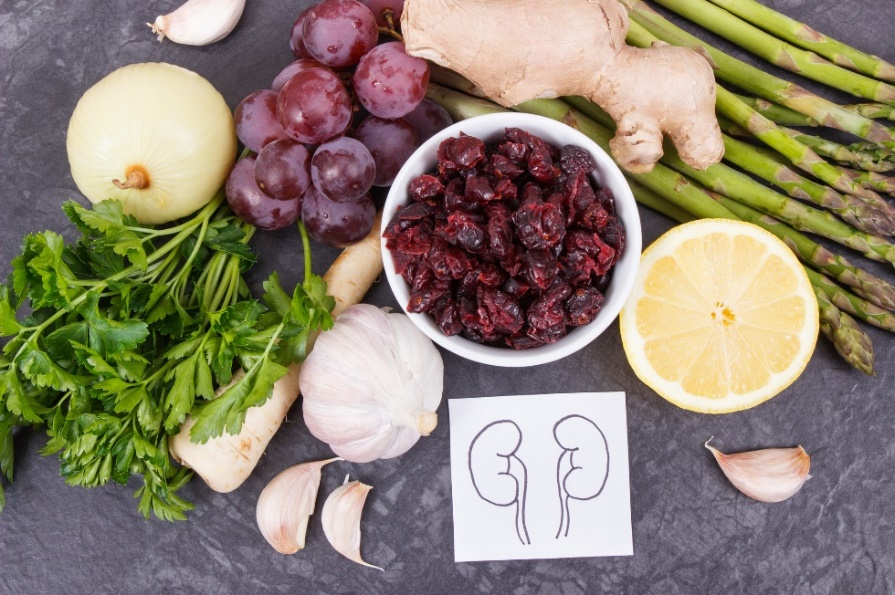- TESAŘ, Vladimír and Ondřej VIKLICKÝ, ed. Clinical Nephrology. 2nd, completely revised and supplemented edition. Prague: Institute of Nephrology and Biochemistry of the CAS, v. v. i. Grada Publishing, 2015. ISBN 978-80-247-4367-7.
- solen.sk - Urolithiasis in outpatient clinical practice. Solen. Igor Milichovský, Ivan Kron and Ladislav Valanský.
- medicapropraxi.cz - Urolithiasis - diagnosis and treatment. MUDr. Aleš Vidlář, MUDr. Eva Burešová, MUDr. Martin Hrabec, doc. MUDr. MUDr. Vladimír Študent, Ph.D.
- urologiepropraxi.cz - Our experience with percutaneous extraction of concrements using EMS LithoClast Trilogy. MUDr. Ondrej Kriško, MUDr. Erik Chorvát, Mgr. Lucia Gemzická
- healthline.com - Everything you need to know about kidney stones. Healthline. Alana Biggers, M.D.
Kidney (urinary) stones: what are the causes and symptoms?
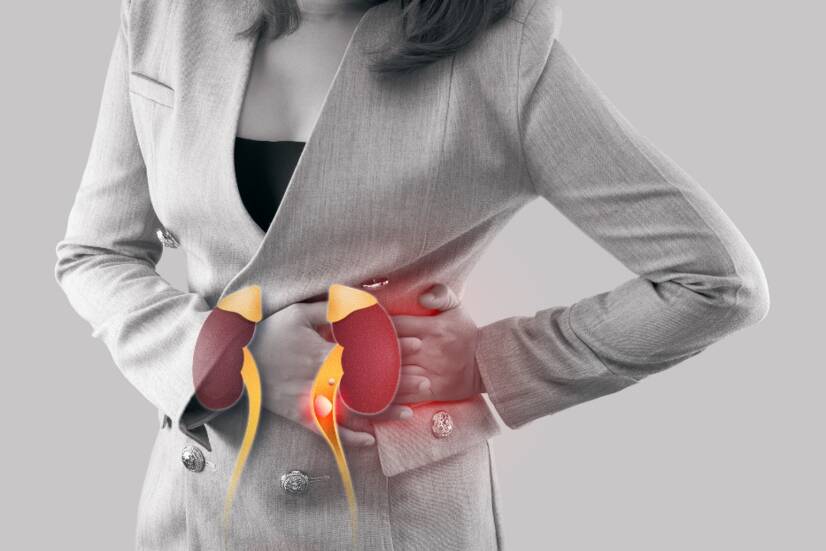
Photo source: Getty images
Most common symptoms
- Sweating
- Abdominal Pain
- Urethral pain
- Pain under the left rib
- Pain under the right rib
- Flank Pain
- Lower Abdominal Pain
- Groin Pain
- Painful urination
- Frequent urination
- Frequent urge to urinate
- Fever
- Increased body temperature
- Nausea
- Blood in the power
- Constipation
- Bloating - flatulence
- Indigestion
- Right Flank Pain
- Back Pain
- Dark urine
- Fatigue
- Vomiting
- Cloudy urine
- Stuck winds - stopping the outflow of gases
- Urinary retention - anuria/retentiveness
- Winterreise
Show more symptoms ᐯ
What helps dissolve kidney stones? Treatment - drugs and surgery
Show moreKidney stones is treated by
Other names
Urolithiasis, urinary stones, urinary concrements, renal concrements, kidney stones, urolithiasis, nephrolithiasis, ureterolithiasis, urocystolithiasis, ureterolithiasis
